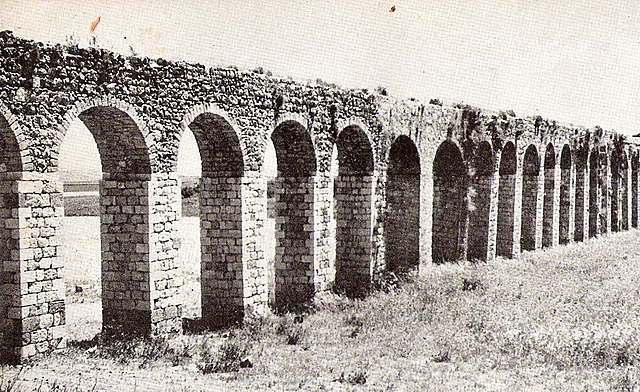In Revelation 13, Christ addresses the church in Laodicea with the famous verse about it being better to be hot or cold than lukewarm. Many Christians have taken this to mean that it is better to be a good Christian or not be a Christian at all rather than be a lukewarm Christian. This is actually an incorrect reading, as archeological discoveries have uncovered.
Laodicea was situated between two other cities: Hierapolis and Colossae. Hierapolis was known for its hot springs, which were believed to have healing properties. Colossae, on the other hand, was famous for its cold, refreshing water, which was a valuable resource in the arid region.
In contrast, Laodicea had a problem with its water supply. The city received its water through an aqueduct system from hot springs at a distance, and by the time the water reached the city, it had become lukewarm and unpalatable. The lukewarm water lacked the desirable properties of the hot springs of Hierapolis and the refreshing quality of the cold water from Colossae.
By using the metaphor of lukewarm water, Jesus was speaking to the Laodiceans in terms they could understand, drawing from their everyday experience. The message conveyed the idea that the Laodicean church was neither spiritually refreshing and invigorating like cold water nor spiritually healing and passionate like hot water. Instead, their spiritual complacency and lukewarmness made them ineffective and distasteful, like the water they drank.
Jesus wanted the church in Laodicea to recognize their spiritual condition and commit to being either “hot” (passionate and devoted to their faith) or “cold” (refreshing and invigorating to others), rather than remaining lukewarm and complacent. The metaphor of hot, cold, and lukewarm water was a powerful way to communicate the need for spiritual commitment and zeal in the face of apathy and indifference.
Discussion Questions:
- In what ways can the message to the church in Laodicea, particularly the metaphor of being hot, cold, or lukewarm, be applied to modern-day Christians or religious communities? How can individuals and congregations avoid spiritual complacency?
- How can material wealth and self-sufficiency potentially lead to spiritual poverty, as seen in the church of Laodicea? What steps can individuals or religious communities take to maintain a healthy balance between material prosperity and spiritual growth?
- The counsel given to the Laodicean church included acquiring spiritual riches, purity, and discernment (Revelation 3:18-20). How can these qualities be cultivated in one’s own faith journey, and what are some practical ways to apply them in daily life?
